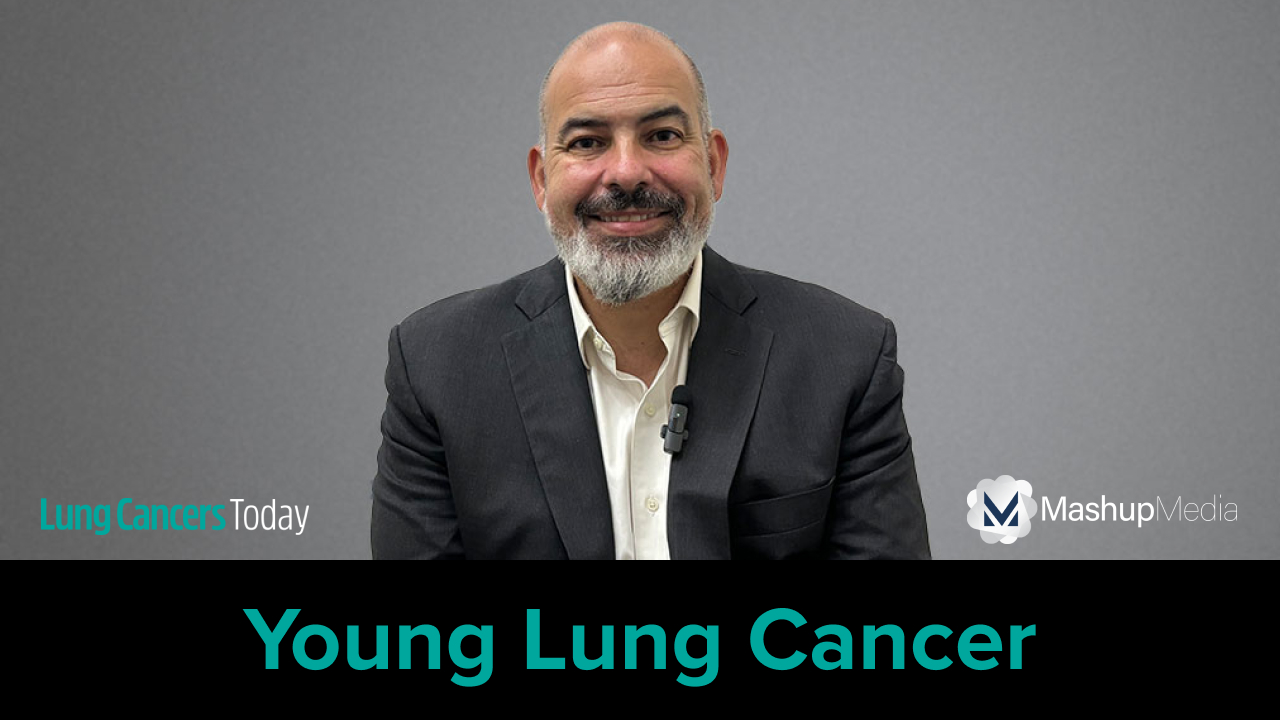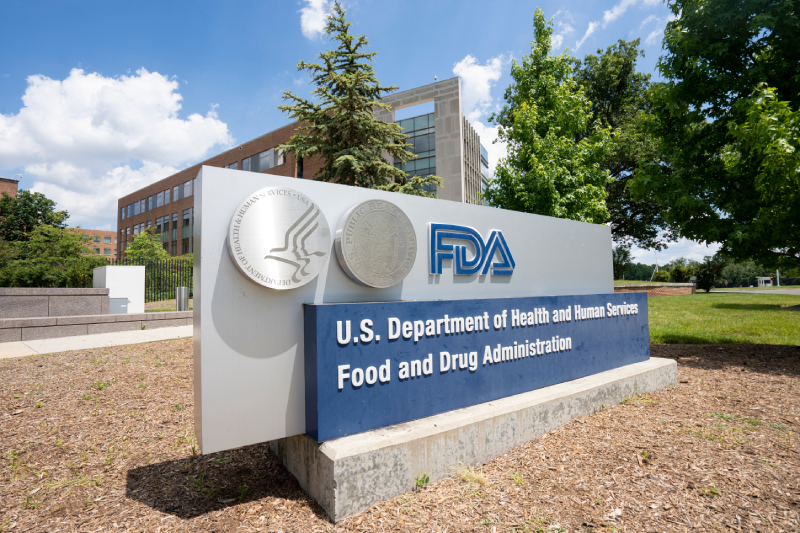Lung Cancers Today
Advertisement
Certain surgical procedures and margins were more frequent in patients who had suture-line recurrences.
The long-term follow-up data shows that PFS remains unreached in the subgroup of Asian patients in the CROWN study.
Researchers evaluated if there was a link between pretreatment systemic immune inflammation index levels and outcomes.
Study investigators say the combination "showed promising efficacy" in patients with relapsed small cell lung cancer.
Clinicians hypothesize that the genetic mutation, known as RUFY1-RET fusion, caused resistance to lorlatinib.
Researchers evaluated if demographics, clinical characteristics, and outcomes varied between those with KRAS G12C and G12D.
The therapy is currently under evaluation in phase 1 and phase 2 trials.
A distributed clinical trial is analyzing diet and exercise patterns in young people with lung cancer.
The Prescription Drug User Fee Act action date is expected in the third quarter of 2025.
Dr. Liu unpacks the trial results, the recent approval, and the unique biomarker testing considerations for NRG1 fusions.
It is the "first and only neoadjuvant-only immuno-oncology therapy" to show a significant OS benefit in this setting.
A multicenter study that included 21,062 patients who were seen from 2009-2021 in South Korea provided key insights.
Christopher Seder, MD, discusses the database and how it can be used for research, quality improvement, and risk ...
The 12-member board will guide the guide the patient-driven organization’s research and strategic priorities.
The study is comparing ivonescimab plus platinum-based chemotherapy with tislelizumab plus platinum-based chemotherapy.
Mara B. Antonoff, MD, FACS, discusses what could be on the horizon for surgery in stage IV lung cancer.
The bispecific antibody, which recently received FDA accelerated approval, showed a response rate of 29% in NSCLC.
Dr. Merritt shares new thoracic surgery research insights for patient selection in sublobar resection for early-stage NSCLC.
The recommendation is based on results from the phase 3 ADRIATIC trial.
The study aims to confirm safety and efficacy findings from the phase 2 QUILT 3.055 trial.
Advertisement






















 © 2025 Mashup Media, LLC, a Formedics Property. All Rights Reserved.
© 2025 Mashup Media, LLC, a Formedics Property. All Rights Reserved.